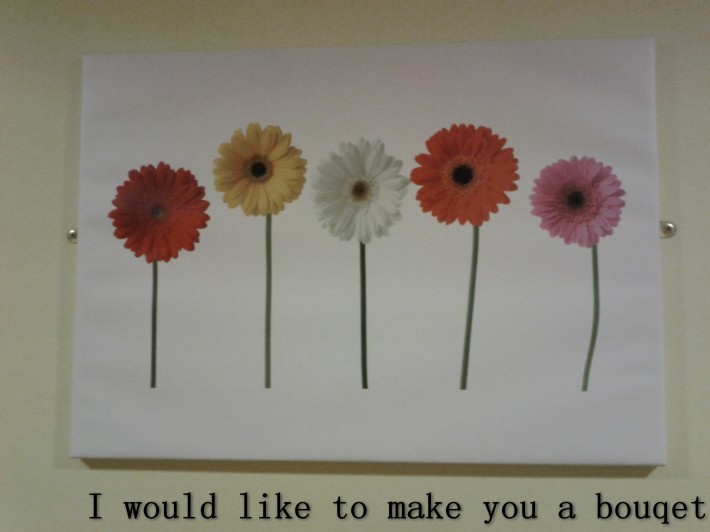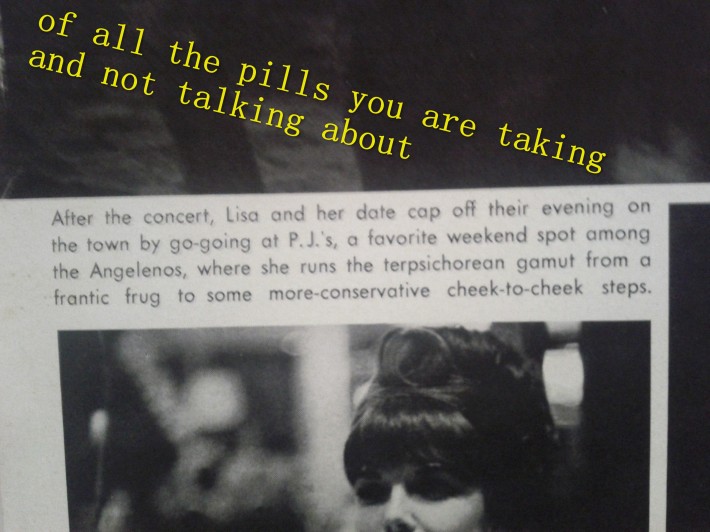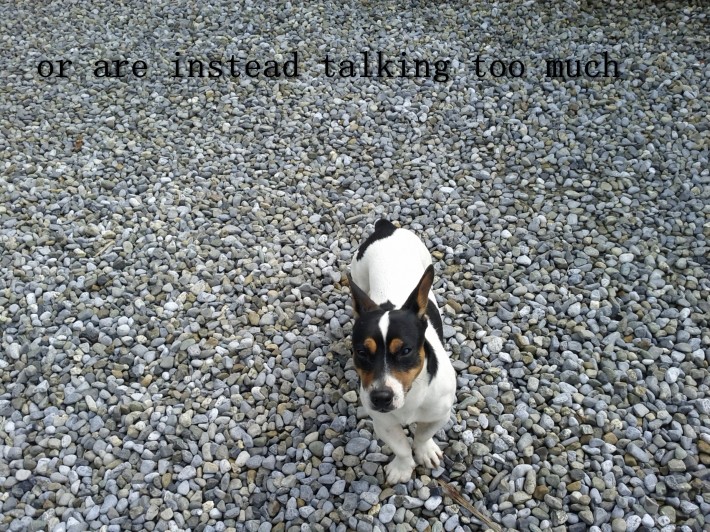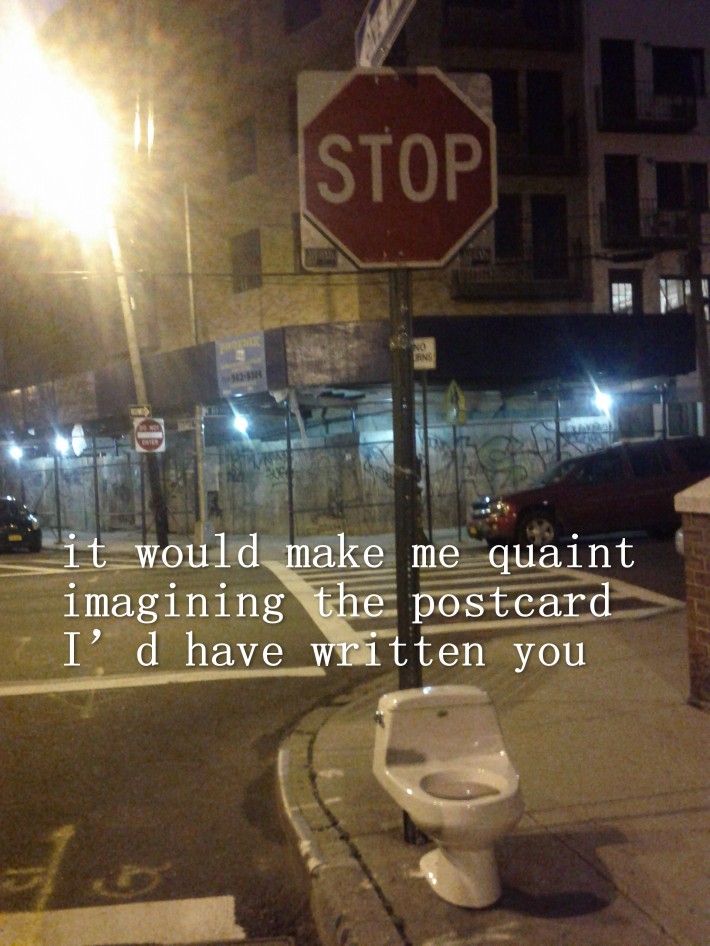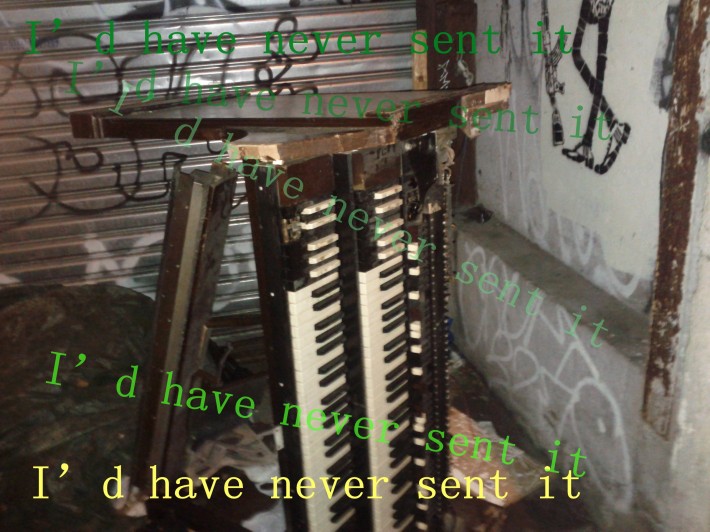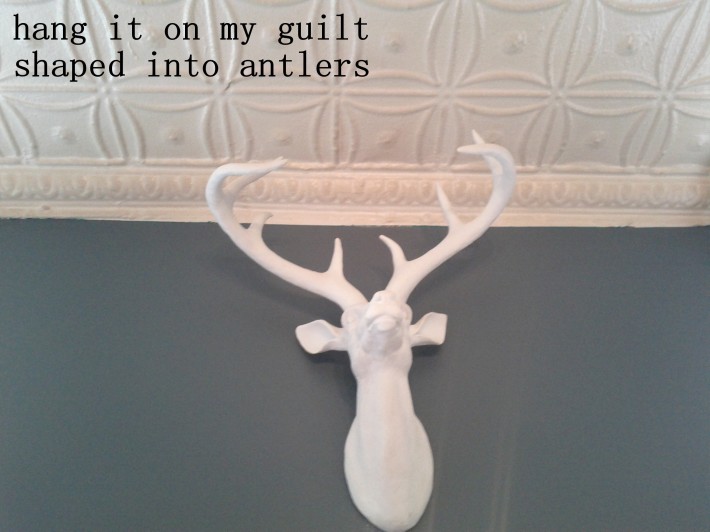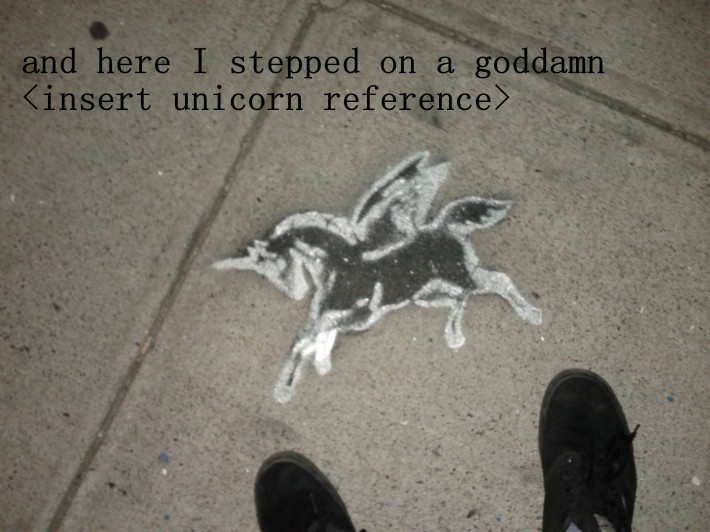I was asked by one Alex Crowley to take part in THE WRITING PROCESS BLOG TOUR, and so, in kind, I am doing so. I’d like to think that I am worthy of being nominated do this, a virtual tour of writers and of writing process, but, in retrospect, Mr. Crowley could have done better. Where I was once a sharp, eager hitter of deadlines, an active participant in our burgeoning community, I find myself, of late, rather bloated and washed out and somewhat bitter. Should I shake a fist at the screen or would you prefer a hand written note? What do I know about writing process, much less my own? My primary care physician (PCP!) believes this oppositional attitude has to do with my diet—she is avidly anti-gluten—but I know something deeper is at work here. Nonetheless, and with half a tumbler of cheap red wine at ready (a tiny dried out purple crust where my lips meet), I give it a go, with apologies to the venerable lineage of fantastic poets (Matt Hart who tagged Katie Byrum who tagged fine and upstanding Alex) that brought this upon me. I’ve hyperlinked the names of my forbearers to their responses, in the hopes that you see what genuine and lovely and proper uses of this forum look like.
This writing process blog tour involves answering some questions, so I am providing these, as well as some off the cuff ramblings that, if you squint just right, might form loose facsimiles of the “answers.”
- What are you working on right now?
Many years ago, when I was itching to escape from my hometown of Cleveland, OH, I took part in a summer creative writing workshop, and I can’t remember who it was (Kelly Link? Terry Borchers? Tim Siebles? This was 12 years ago, so you’ll have to excuse me), but an instructor there pointed out that she or he liked to work on several things at once. The reasoning for this of course was that if she or he ever got stuck on one project, there would be one or two others that could be taken on. This sort of strategic multifarious approach struck me as prudent, especially as one who writes mostly poetry. I try to maintain a few different projects at a time, so that, on the one hand, none of them grow stale, and on the other, none become overwhelming. This does not always work—something will get me and I won’t be able to drop it, or, you know, Netflix—but I try to maintain a few things on the old rolodex, as it were.
It should be added that I am typically attracted to working in series, or with some sort of organizing principle: I’ll devise some sort of top down order or idea and use that to guide the work (more on that later). At the moment, I have two such projects in progress. One is a series of observational prose poems (tentatively) called “Floor Plan.” Here, in the manner of Francis Ponge, I am taking objects and features of an office building, and sort of describing them in an attempt to make the mundane, the everyday, more life-like or even (I hate this word) “magical.” I have one about “The Ceiling Fans,” another about “The Stairs,” and, even “The Outlets” (the latter can be read on The Flexist). A half turn on the rolodex, and we find another series, “An Annotated Guide to the Twilight Zone,” which directly engages with, riffs off of, and sort of reinterprets episodes of Rod Serling’s classic 50s sci-fi TV show. The latter I am getting closer to completing, as it has been going on (and off) for the last three years. Lastly, and in response to the serial nature of the work I tend to do, I have been forcing myself to write at least one ‘one-off’ poem a week. Basically, this allows me to just be there writing, and to thereby not pressure or limit myself with the “weight” of the project. I also have been working on some book reviews, and I’ve been watching a full length manuscript of poems (hee-yah my ‘first!’) get kicked around in various slush piles. So it goes.
- How does your work differ from others of its genre?
This is actually sort of difficult to answer well, isn’t it? I could say something about how my particular range of influences—musical, literary, artistic, cinematic, familial—have combined with a typically atypical personal history to bring you the snowflake that sits here, but I don’t know how helpful that is, or necessary. While there are certain aspects of my work that are inevitably “me” or the “me” that exists in writing—and some of these things might set me apart from other poets—I aim also to challenge myself, to not have a Mark Gurarie “house-style.” I have no idea if I actually succeed in this, or even, whether such efforts are actually warranted. I believe it was Rosemary Waldrop who mentioned that she turned to collage methodology because she wanted to stop writing about her mother and the fragmented reality of growing up in a bombed out post WWII Germany, but, ultimately, she could never escape these themes because they were a completely ingrained part of her. Her mother and her cratered mother country would always be somewhere in there.
In this sense, as the first one born of Soviet immigrants in the United States, I probably have a somewhat schizophrenic approach to language: I am and forever will be a Russian speaking child, but I am an American English speaking adult (or kid-dult or something). Certainly, and this is by no means an unique experience to anyone who has immigrated or was raised in an immigrant’s house, I felt somewhat ‘other’ from my peers. Growing up in the 80s, for instance, I actually was rooting for Gorbachev and I was convinced that Reagan was going to blow up the world. I would imagine vestiges of this up-bringing are there, and I am especially attuned to linguistic mistakes such as those my parents still sometimes make (my father, for instance, will drop off the word “up” from the phrase “pick up,” so that he’ll say: “I’ll pick you at seven”). I am also a musician, I sometimes “sing” (more in the Jello Biafra vein than, say, Otis Redding) and while there are vast differences between the way lyrics work versus poems, I do think that I sometimes come to language with a musical ear. That’s not that unique either. Who knows, it’s evolving: ten years ago I was writing highly auto-biographical poems about living in San Francisco, four years ago I was a part-time collagist, and in ten years, maybe I’ll just say fuck it, and be all pastoral and shit. Well, anyway, I veered off somewhere there, so I’ll just keep going.
- Why do you write what you do?
I used to joke, un-funnily, that I was writing poetry for the big bucks, but really trying to change the world through my retail work (I no longer work in retail). I guess it all has to do with connection: with the possibility of having a reader there, and sort of being able to talk to her or him, even transport this reader through the power of words and sounds and ideas. I write, I think, because reading has done so much for me, and I want to be able to do that for someone else, which now sounds a little masturbatory. There is certainly an ego element in there: I want people—some people, any people—to like my writing, to see that it has merit. I used to also tell people that I had to do it, that this was a necessity for me to exist, but I am not so sure any more, though I do think I’d be miserable without it. Ultimately, it is a privilege to be a writer, even if writers typically feel starved in this regard, we are damn lucky to have the means and the faculty and the time and the desire to do this funny, heartbreaking, sometimes frustrating, sometimes amazing thing. To be sure—and I think this is the case for most any artist—my creative production is probably also a reaction to that good old human fear of death, of being lost into the dust of the massive universe. I probably really do write with the hope of being read sometime in the distant future, and, in that way, to live FOREVER. It should be added, though, and this is where it definitely gets masturbatory, it does give me great pleasure, a sense of accomplishment, to be able to make something of the disordered and arbitrary progression and flow of my thoughts and the language that is there around all of us. It is not that I have a story to tell, but rather that I am here and able to do something with the language it takes to tell it.
- How does your writing process work?
I do not currently have a specific regimen—in the past I have forced myself to write a poem a day, etc.—but I will set weekly or monthly, and now even annual goals for myself. Like I mention above, I try to be working on several projects at once. I do not know if this is the most ‘efficient’ approach, but I like to think that it keeps any individual piece or project from becoming dominating or suffocating. I also have been finding myself shifting from periods of time when I am more of an editor—tinkering with lines, reviving forgotten poems, deciding to throw the crappy ones out—and periods where I am generating more content. I certainly go through a lot of drafts these days, and I’ve learned that it sometimes takes stepping away from a poem (or series or manuscript) for some time to really truly understand it, to see it for what it needs. Insert gardening metaphor here.
At its best, though, I like it when my writing is taking me somewhere unexpected, and, paradoxically, this is why I often find myself working with constraints or in a serial fashion. The formal or thematic limitations tend to actually force me out of my day to day thought process. To be sure, I am a big proponent, in practice, of attempting to work beyond the scope of just my own language. Like so many writers have historically and still do today, I view daily life as a constant source of amazing found language, which I can then appropriate and hopefully make delicious. It could be something overheard, a headline online, a sound bite from NPR, a line from a poem or a song, but it is that interaction between my own internal monologue and the language surrounding that can become very interesting. As much as possible, I strive to ‘get down’ more than I need because I know that what follows will be an intense period of editing and refining. It can be painful, of course, or frustrating, but, in my view, one needs to just keep searching, and the sweat will bear it out. Most of what you get out of the mine is coal, but look over there: a diamond (for the purposes of this illustration, by the way, this mine is ethically run and does not employ slave labor)! The task then becomes to cut it, set it in the ring, and, well, get back to digging. I suppose, then, that I run a highly un-profitable diamond mine.
——
Up next, I am tagging Seth Graves, Alissa Fleck, Christine Kanownik, well, and you! Go ahead, post your answers on your blog, tag three other writers, keep it rolling. Become your own insurrection! Throw a snow ball! Audience participation! Friends! Ignore the fact that I basically failed the intricate structure of this process blog tour!


